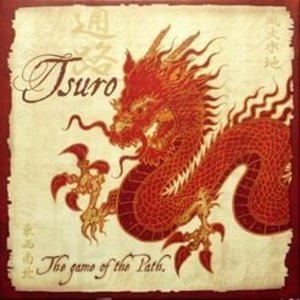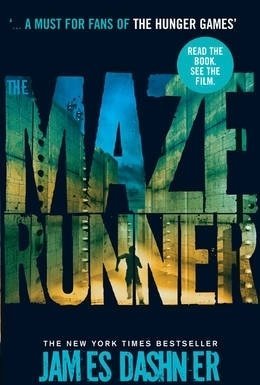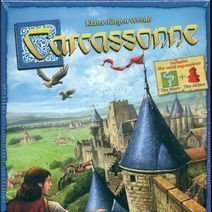
Dream Defense
Games and Stickers
App
The night seems endless and full of terrors… Who will save Robin from her evil nightmares, if not...
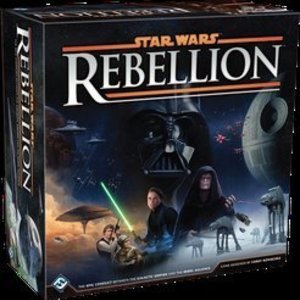
Star Wars: Rebellion
Tabletop Game
Star Wars: Rebellion is a board game of epic conflict between the Galactic Empire and Rebel Alliance...
Boardgames StarwarsGames MiniaturesGames
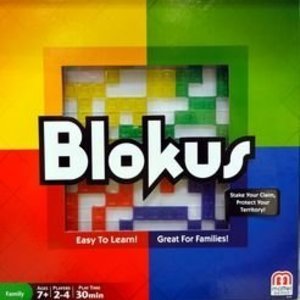
Blokus
Tabletop Game
Blokus (officially pronounced "Block us") is an abstract strategy game with transparent,...
Boardgames KidsGames AbstractGames

Star Wars™: Jedi Challenges
Games
App
Awaken your inner Jedi with Star Wars™: Jedi Challenges, a smartphone-powered Star Wars™...
Dean Gregory (18 KP) rated Tsuro in Tabletop Games
Jun 2, 2019
Because it boasts such trivial mechanics, it is very easy to pick up and play a few rounds quickly (some games can last under 10 minutes including setup), as well as being one that young children could enjoy. The player meeples have a good quality feel, and it can be satisfying watching the winding paths in the game board grow.
However, it very quickly becomes obvious just how simple this game is - winning is often less about trying to run your opponents off the board as it is trying to keep yourself in play for as long as possible, until you inevitably take yourself out of the game.
Tsuro, then, is an inviting game for introducing regular folk to the mad world of tabletop gaming, and is a solid option for beginning a proper games night with its simplicity and charm. I used it recently myself as a sweetner to help ease a new player into game night, and it worked a treat. It probably won't make regular appearances however.
I like it. Worth a look.
Booksnthreads (19 KP) rated The Maze Runner in Books
Jun 4, 2018
I think Dashner’s strength here is really in his character development. Even once the action begins, the characters’ actions and choices align with what you’ve learned about them, and while some of those choices lead to tragic consequences, they are completely in keeping with the characters’ personalities and experiences. It’s nice to see this kind of thought and sophistication put into a novel geared toward young adults.
In addition to my complaint about the frustratingly slow start and exposition, I was also bothered by what seems to be the standard strategy for serial writers…the ending that leaves you with more questions than answers. I’ve only read a handful of YA novels that deal with this well, where the current storyline is given just enough resolution to satisfy me as a reader while leaving enough of a door open to entice me to continue reading the series.
Dashner really treads that fine line and doesn’t quite make it for me, leaving me frustrated enough that rather than being eager to begin the next novel, I just want to toss this one in the corner. Okay, maybe not that strong of a reaction, but the jury is still out on whether or not I’ll pick up the next book in the series.
Sam Hill (23 KP) rated Carcassonne in Tabletop Games
Jun 20, 2019
The basic rules, pick a tile at random, place in a legal position and choose to place a needle, is simple enough that people who do not board game regularly are able to get comfortable quickly with the game. Its simplicity also means that a younger audience is able to readily partake in the game, making decisions on their own, and still have a chance of doing reasonably well.
There is little in the way of language in the game, other than being able to read the score chart everything is pictorial, so this also opens it to playing with people who are too young to read, or speak other languages without buying another copy.
If you're looking for an in depth Euro game however this will not help. There is little in the way of long term strategy, and the tile you pick is random - as a major factor of what you do with your turn this constricts long term planning.
To sum up this is a great game if you are putting it in front of the right audience, or want a simple game to chill out with a beer with, but don't expect such a positive reaction from everyone.
The Life, Music and Thought of Woody Guthrie: A Critical Appraisal
Book
Woodrow Wilson Guthrie (1912-67) has had an immense impact on popular culture throughout the world....

A Guide to Innovation Processes and Solutions for Government
Gregory C. McLaughlin and William R. Kennedy
Book
In today's knowledge-driven global environment, fueled by an ever-increasing appetite for timely...

